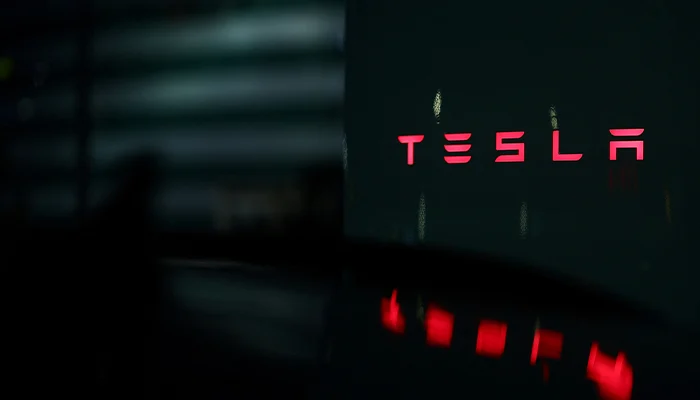Tesla announced on its website that it will begin sales in Saudi Arabia next month, signaling that CEO Elon Musk and the kingdom have reconciled following a rift stemming from Musk’s brief 2018 attempt to take the company private.
While Tesla operates in other Middle Eastern countries, it has not yet entered Saudi Arabia, the Gulf region’s largest market.
The dispute originated from Musk’s 2018 tweet claiming “funding secured” to privatize Tesla after meetings with Saudi Arabia’s sovereign wealth fund, the Public Investment Fund (PIF).
The failed privatization attempt led to investor lawsuits, during which tense text exchanges between Musk and PIF head Yasir al-Rumayyan were made public.
Tensions have eased since the autumn, coinciding with Musk’s prominent role in US President Donald Trump’s election campaign and subsequent administration.
Trump recently indicated his likely first foreign trip would be to Saudi Arabia, following his January request for the kingdom to invest over $1 trillion in the US economy over four years, including military purchases.
Tesla’s launch event in Riyadh, scheduled for April 10, will showcase its electric vehicles (EVs) and solar-powered products.
“Experience the future of autonomous driving with Cybercab, and meet Optimus, our humanoid robot, as we showcase what’s next in AI and robotics,” the announcement stated.
On April 11, Tesla will open pop-up stores in Riyadh, Jeddah, and Dammam, with further details on its Saudi Arabian plans, including investments planned for 2025 and beyond, to be released in the coming weeks.
Launch event invitations asked attendees to specify their preferred Tesla car model.
The launch occurs amidst a decline in Tesla’s EV sales in Europe, attributed to Musk’s support of far-right politicians, and ongoing protests in the United States over his involvement in federal government cuts.
Saudi Arabia’s EV market has been slow to develop, with a 2024 PwC report indicating EV sales represent only 1% of total car sales.
Chinese EV giant BYD and PIF-backed Lucid already have a presence in the Saudi market.
A month after the public fallout with Musk, PIF announced a $1 billion-plus investment in Lucid, becoming the majority investor in the EV startup.
The $925 billion PIF has also invested in a domestic EV brand, Ceer, which is yet to launch.
Large, fuel-inefficient vehicles remain prevalent in Saudi Arabia, where fuel is inexpensive and EV charging infrastructure is scarce, hindering EV travel across the country’s extensive desert roads.
Improving Relations
Musk’s appearance alongside Rumayyan and Trump at a UFC match in New York in November signaled improving relations.
A few weeks prior, Musk made a surprise video appearance at Riyadh’s Future Investment Initiative summit.
A US jury in 2023 found Musk not liable for misleading investors regarding his “funding secured” tweet.
Musk testified that PIF had expressed interest in taking Tesla private, and tense text messages between him and Rumayyan surfaced during the trial.
“You are throwing me under the bus,” Musk wrote in a text to Rumayyan, according to court documents.
Tesla’s European sales have



